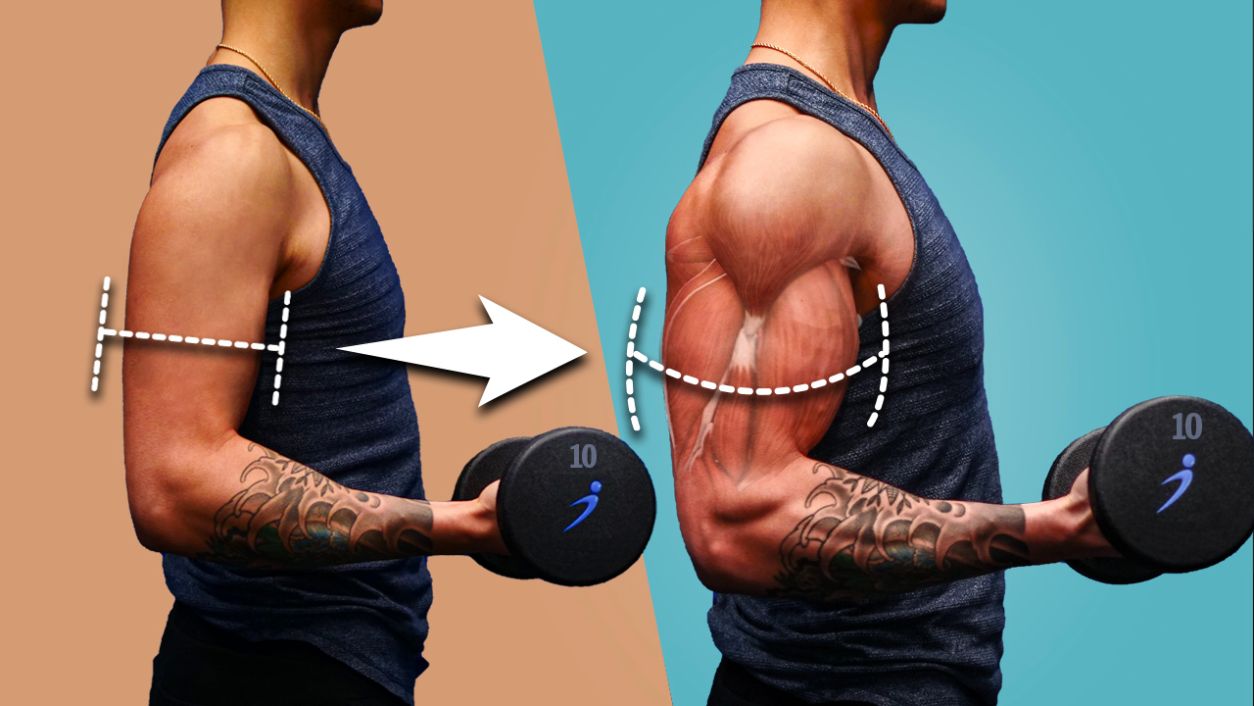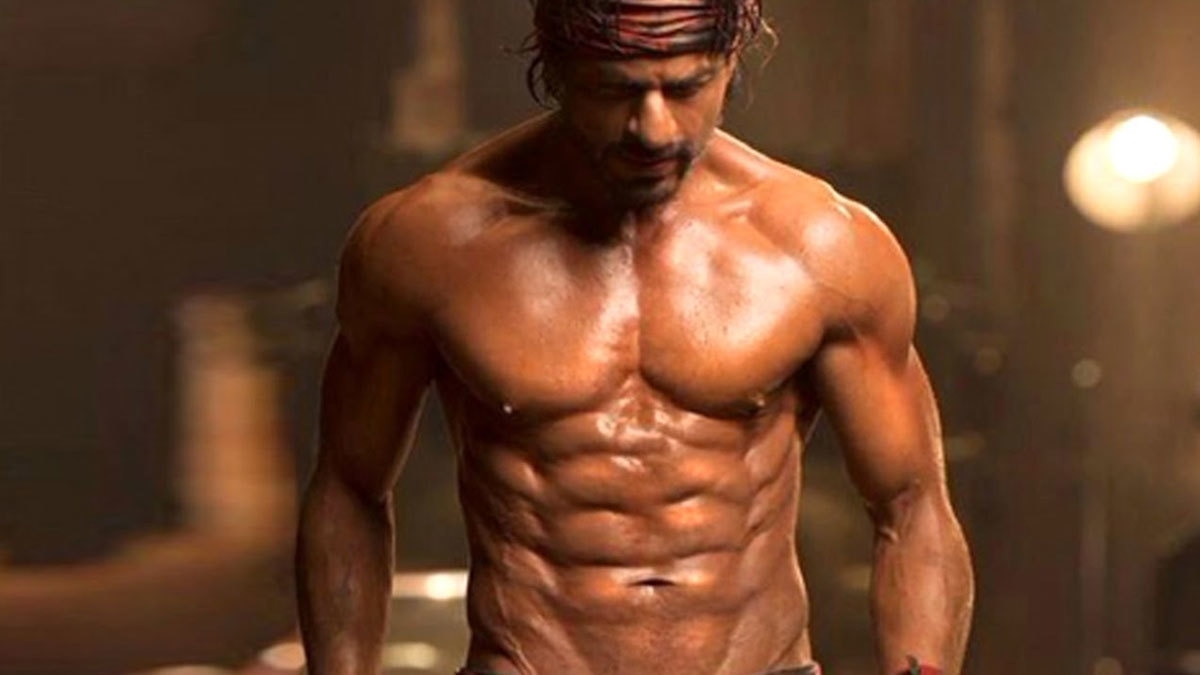Building muscle isn’t just about lifting heavy weights — it’s about fueling your body with the right protein-rich Indian foods. Whether you’re hitting the gym, running on a treadmill, or following a home workout plan, your diet plays a bigger role than you think.
A high-protein diet helps your muscles repair, recover, and grow stronger after every workout.
In this blog, you’ll discover 12 best Indian foods packed with protein, perfect for muscle gain and overall health. You’ll also learn pro tips, fitness case studies, and scientifically backed reasons to include these in your diet.
Why Protein Is Crucial for Muscle Gain
Protein is the building block of muscles. When you lift weights or exercise, your muscle fibers break down. Protein helps repair these fibers and makes them stronger.
Here’s why protein is non-negotiable for fitness and gym lovers:
- Repairs muscle damage caused during workouts
- Boosts lean muscle growth
- Increases metabolism and reduces fat
- Supports collagen production for stronger joints and healthy skin
- Helps prevent muscle loss during weight loss
Experts recommend 1.6–2.2 grams of protein per kg of body weight for muscle gain.
12 Protein-Rich Indian Foods for Muscle Gain
Let’s explore the best protein-rich foods in India that can fuel your muscle-building journey naturally — without depending too much on protein powders.

1. Paneer (Cottage Cheese)
- Protein: 18g per 100g
- Best Time to Eat: Post-workout or dinner
Paneer is one of the best vegetarian protein sources in India. It’s slow-digesting, which means it provides a steady supply of amino acids — ideal for muscle repair overnight.
Pro Tip: Combine paneer with vegetables or toss it in olive oil for a protein-packed salad.

2. Eggs – Nature’s Protein Powerhouse
- Protein: 6g per egg
- Best Time to Eat: Breakfast or post-workout
Eggs are rich in essential amino acids, collagen, and healthy fats — making them perfect for building lean muscle.
Case Study:
A 2023 study published in the Journal of Sports Science & Medicine found that athletes consuming 3–4 whole eggs daily gained 15% more muscle compared to those who consumed only egg whites.
Pro Tip: Don’t skip the yolk — it contains essential vitamins and collagen that support joint health and skin repair.

3. Greek Yogurt (Hung Curd)
- Protein: 10g per 100g
- Best Time to Eat: Snack or post-gym
Greek yogurt is rich in protein, probiotics, and calcium — helping your muscles recover faster after an intense treadmill session or strength workout.
Pro Tip: Add honey, fruits, and chia seeds for an easy protein snack.

4. Chicken Breast – The Gym King of Protein
- Protein: 31g per 100g
- Best Time to Eat: Lunch or post-workout
Chicken breast is the go-to protein food for every bodybuilder and gym enthusiast. It’s low in fat, high in lean protein, and perfect for muscle repair.
Fitness Tip: Grill it with turmeric and black pepper — they help reduce inflammation and improve recovery.

5. Lentils (Dal)
- Protein: 9g per 100g (cooked)
- Best Time to Eat: Lunch or dinner
Dal is the heart of Indian meals — full of plant-based protein, fiber, and iron. It’s ideal for vegetarians looking to boost muscle gain naturally.
Pro Tip: Mix different dals like masoor, moong, and toor for a complete amino acid profile.

6. Fish (Tuna, Rohu, Salmon)
- Protein: 20–25g per 100g
- Best Time to Eat: Lunch or dinner
Fish is rich in omega-3 fatty acids, which improve muscle recovery and protect against inflammation-related conditions like rheumatoid arthritis.
Pro Tip: Prefer grilled or baked fish over fried to retain nutrients and avoid excess oil.

7. Soya Chunks (Textured Vegetable Protein)
- Protein: 52g per 100g (uncooked)
- Best Time to Eat: Post-workout or dinner
Soya chunks are a muscle-building gem for vegetarians. They are inexpensive, high in protein, and versatile in Indian cooking.
Case Study:
Athletes consuming soy protein post-workout showed similar muscle growth results as whey protein users (Source: Nutritional Journal, 2022).
Pro Tip: Boil and sauté them with vegetables for a fiber-rich, high-protein dinner.

8. Almonds and Peanuts
- Protein: 6–7g per 30g
- Best Time to Eat: Snack or pre-workout
Nuts are an excellent mix of protein, healthy fats, and micronutrients that help in long-lasting energy during workouts.
Pro Tip: Eat a handful of soaked almonds before hitting the gym to boost stamina.

9. Quinoa – The Modern Indian Superfood
- Protein: 8g per cup (cooked)
- Best Time to Eat: Lunch or post-gym meal
Quinoa contains all nine essential amino acids, making it a complete protein source. It’s gluten-free and easy on digestion.
Pro Tip: Replace rice with quinoa once a day for a leaner body composition.

10. Milk and Whey Protein
- Protein: 8g per cup (milk)
- Best Time to Eat: Breakfast or after workouts
Milk contains casein and whey — two powerful proteins that support muscle repair and collagen formation.
If your protein diet isn’t enough, you can use whey protein powder from trusted brands like Optimum Nutrition or MyProtein.
Learn about whey protein benefits from Healthline

11. Chickpeas (Chana)
- Protein: 19g per 100g (boiled)
- Best Time to Eat: Snack or salad
Chickpeas are rich in protein, fiber, and slow-digesting carbs that sustain energy during long workouts.
Pro Tip: Roast them for a crunchy, healthy evening snack instead of chips.

12. Tofu – The Vegan Muscle Builder
- Protein: 10g per 100g
- Best Time to Eat: Lunch or dinner
Tofu is made from soy milk and is an excellent vegan protein source with calcium, iron, and magnesium — vital for muscle contraction and strength.
Pro Tip: Grill or stir-fry tofu with veggies and soy sauce for a tasty protein bowl.
Bonus Tip: Combine Foods for Maximum Muscle Growth
To build muscle efficiently, combine multiple protein sources throughout the day.
Example Meal Plan:
- Breakfast: 3 eggs + 1 cup Greek yogurt
- Lunch: Chicken breast + quinoa
- Snack: Almonds + banana shake
- Dinner: Paneer + dal + brown rice
Check our blog on “10 Home Workouts for Men That Burn 700 Calories per Hour”
Expert Tips for a Protein Diet
- Distribute protein evenly across all meals.
- Drink plenty of water to help digestion and nutrient absorption.
- Avoid excessive protein powder — focus on natural foods first.
- Track your protein intake using apps like MyFitnessPal.
- Exercise regularly — protein alone won’t build muscle without workouts.
Real-Life Case Study: From Skinny to Strong
Ravi, 26, from Delhi, was underweight (56kg) when he joined a gym. His trainer recommended eating 6 protein-rich meals daily — including paneer, eggs, chicken, and lentils.
After 5 months of consistent training and a balanced protein diet, Ravi gained 7kg of lean muscle and saw noticeable strength improvement.
It’s not about eating more — it’s about eating smart, protein-focused foods.
Final Thoughts
Whether you’re a gym beginner or fitness enthusiast, protein-rich Indian foods can completely transform your muscle gain journey. You don’t need fancy supplements — just smart food choices, regular workouts, and enough rest.
Remember, your muscles grow outside the gym, when you eat right and recover well.
FAQs
1. How much protein do I need daily for muscle gain?
👉 Around 1.6–2.2 grams of protein per kg of body weight.
2. Can vegetarians build muscle without eggs or chicken?
Absolutely! Paneer, tofu, soya chunks, lentils, and Greek yogurt are perfect vegetarian options.
3. Is protein powder safe?
Yes, if taken in moderation and from trusted brands. Always consult a dietitian if you have kidney issues.
4. Which food is best for muscle gain in India?
Chicken breast, eggs, and paneer top the list, followed by dal, tofu, and soya chunks.
5. Can I build muscle without a gym?
Yes. Combine home workouts with a protein-rich diet and proper sleep to see visible results.
Author Bio
Written by Vikrant Rajput — a professional health & fitness blogger at TheDigiDine.com. Passionate about simplifying nutrition and workout science for everyday Indians, Vikrant combines research-based insights with real-life experience to help readers build a healthier, stronger body.








3 responses to “12 Protein-Rich Indian Foods for Muscle Gain (Backed by Science)”
[…] 👉 You should also read: 12 Protein-Rich Indian Foods for Muscle Gain […]
[…] 👉 You should also read: 12 Protein-Rich Indian Foods for Muscle Gain […]
[…] Read our post on 12 Protein-Rich Indian Foods for Muscle Gain. […]